Over the next couple of months, postgraduate researcher Isla Dougall is working with County Durham Sport to help us build a deeper understanding of how social status can impact on wellbeing. Specifically, Isla will be focusing on how inequalities in social status might affect physical activity participation.
There are stark inequalities in physical activity levels across County Durham. In Durham City, just 13% of adults are classified as inactive (meaning they do less than 30mins physical activity per week). But in Murton North and Parkside, 32% of adults are inactive (Sport England, Small area Estimates, 2018/19).
County Durham also faces significant socioeconomic inequalities with approximately 67,000 people in lower socioeconomic groups classified as inactive across the county (Understanding County Durham (arcgis.com)).
We know that social and economic disadvantage act as barriers to participation in physical activity. Organised activities, gym memberships, and sport teams can often be both unaffordable and unwelcoming to certain groups or communities. But there are also deeper social issues (like feeling valued, empowered, and listened to) which vary according to social status and these likely also impact on physical activity. Isla’s work will help us better understand this so that we can advocate for change.
Isla is drawing on the academic research literature and her own research activities. She will be translating research and theory into key messages for us and our physical activity partners.
I asked Isla all about her research and her decision to take on this work with County Durham Sport.
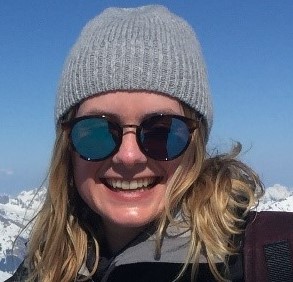
Tell me a bit about yourself
I’m currently completing my PhD in Social Psychology. I love the outdoors and I’ll often be hillwalking, cycling or camping!
What is your research about?
I’m interested in the inequalities that exist within our society. Specifically, my research is focused on the relationship between social class and wellbeing, and the factors that might impact this relationship.
What do you enjoy most about being a researcher?
I love that I have the freedom to research topics that interest me and those that I think are most important to society. It also gives me the opportunity to produce research that might be useful in tackling wider social issues.
What motivated you to work with County Durham Sport?
Given my interest in health inequalities, working with County Durham Sport provides a great opportunity to work with a local organisation that has similar goals.
How does your research relate to physical activity?
My research focuses on wellbeing very broadly. This encompasses both mental and physical wellbeing, and physical activity is a crucial element of both. As I mentioned before, I also research social class and we know there are differences in levels of physical activity between different socioeconomic groups in society.
What would you say to other researchers considering working with a non-academic organisation?
Working with County Durham Sport has provided me with a fantastic opportunity to apply my research and work with an organisation that supports the local community.
Our mission is to challenge inequalities and change lives through sport and physical activity. Sharing evidence-based learning with our partners across the system is one way in which we work towards achieving this mission. By working closely with researchers like Isla, we can benefit from a wealth of local expertise.
Article by Dr. Rachel Mowbray (Insight Coordinator)
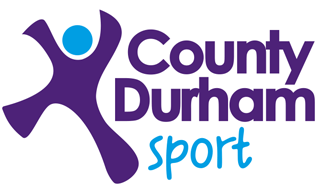
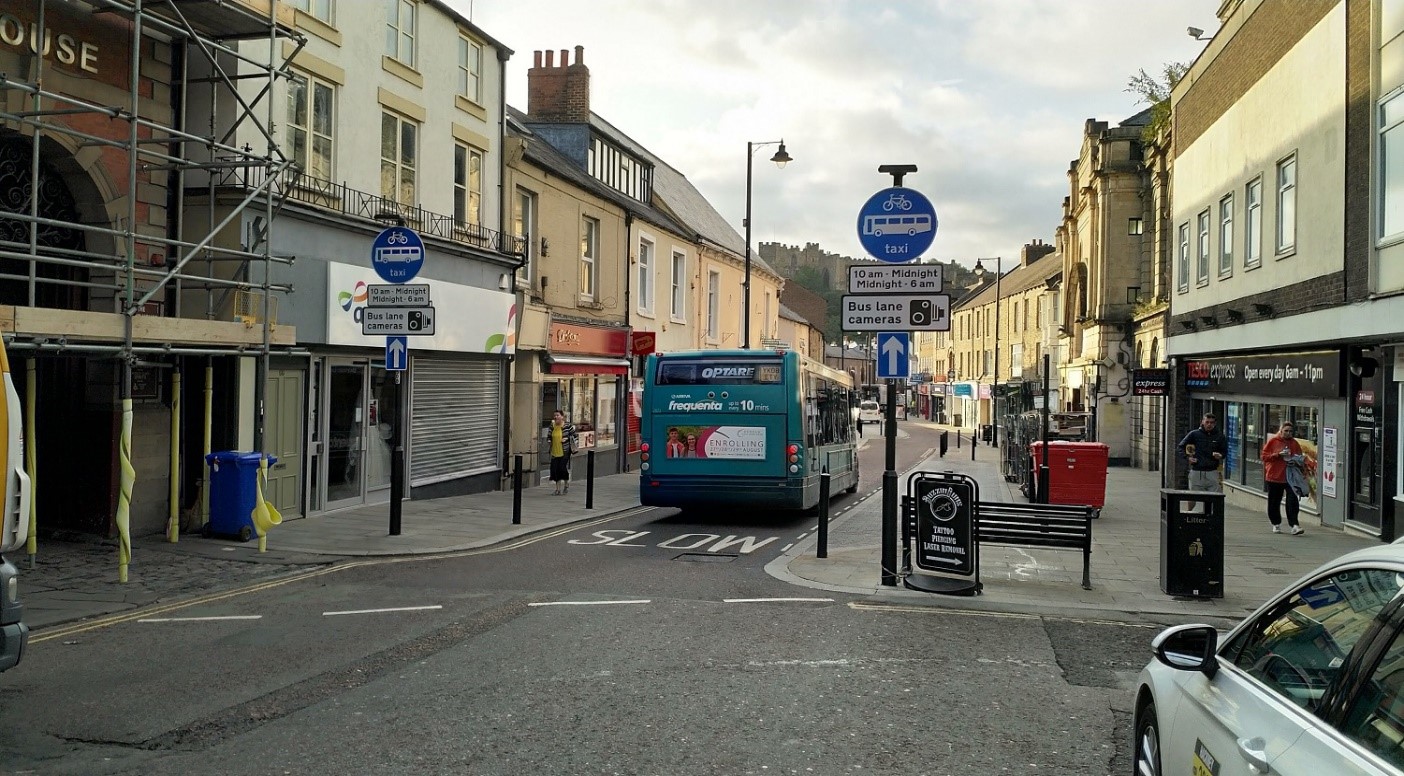
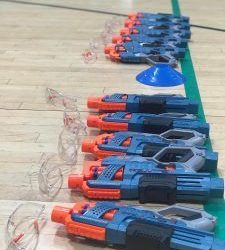
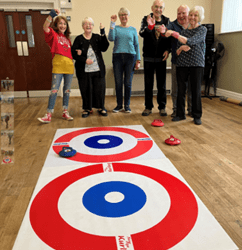

0 Comments